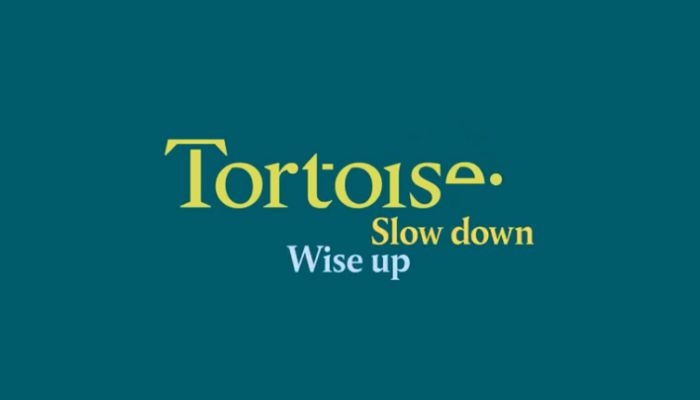Will slow news benefit PR?
Tortoise is the new publishing venture from James Harding, Katie Vanneck-Smith and Matthew Barzun, which aims to disrupt current journalism models with a focus on ‘slow news’. Backed by private investors and a very healthy Kickstarter, Tortoise seems to have caught the imagination of its audience months before it launches. But what does a slow news organisation mean for the PR and communications industry?
Harding, who was previously director of BBC News and editor of The Times, says he began to feel overwhelmed by the news agenda towards the end of his tenure at the BBC. Tortoise aims to cure this modern-day condition by focusing on fewer stories in more depth, giving context without the need to chase the highly-prized ‘breaking news’.
Tortoise will have three offerings for members: a five-story ‘Daily Edition’ for smartphones each morning; a daily ‘ThinkIn’ conference from 6pm to 7.40pm that members can attend; and a quarterly print magazine. All of this work will be split into five broad topics: technology, finance, natural resources, identity and longevity.
Does this mean slow news will become the norm?
No; not least because breaking news is vital in the information age and needing to know what’s happening as it happens is necessary for individuals, businesses and organisations to function correctly.
In the short term, Tortoise is unlikely to take a big enough slice of the pie to disrupt the industry that much, though if its membership models are successful, other news brands are likely to take notice. They will have already spotted Tortoise’s big-name financial backers including David Thomson (from the Thomson Reuters family) and Saul Klein, from the venture capital firm Local Globe.
They will also be looking at the Kickstarter, which, with 25 days still to go, has massively overfunded. The project was aiming to raise £75K but already has some £350K pledged by 1,370 backers (that’s a whopping average of £255 each!). Tortoise has the backing to hit the ground running when it launches in January, but what does this mean for PRs?
Opportunity.
Above all else, every new development in news and media should be seen as an opportunity. Slow news means an audience spending more time on a topic, which potentially means more time with your product, service, brand or spokesperson. It means more than a passing mention and more time to develop concepts and ideas – why have one comment from one expert organisation for a piece about climate change when you can have ten experts from ten companies?
There’s also the daily ThinkIn events, which are intended to inform an audience and produce regular long-form content. These will need expert advice and opinion too – another opportunity for PRs to help journalists and reach an engaged, dedicated audience.
As BBC’s Amol Rajan reports, Tortoise will have 10 editors who will each have a budget for freelancers, which means there will be dozens of opportunities to build relationships with the new brand. And as ever with media outreach, relationships will be at the heart of every opportunity. While Tortoise’s methods may be disruptive, the old rules of relationship building still apply and good PRs can easily be part of a slow news revolution.
Want to build relationships with the right journalists? With Vuelio, it’s easy.








Leave a Comment